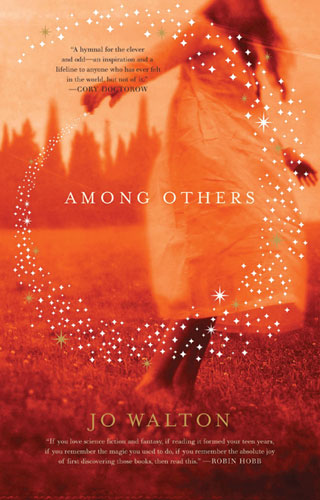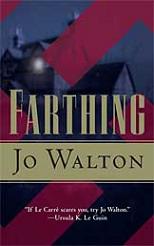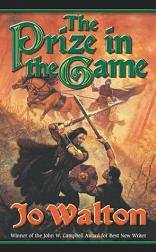
Among Others
Jo Walton
302 pages
published in 2010
Have you ever read a book you just wanted to gulp down in one sitting, so eager to get on with the story that everything else has to wait? Or alternatively, have you ever read a book you didn’t want to end, stretching out your reading so you could savour it, making excuses not to read it just now, so as not end it too soon? I’m sure you have and so have I, but much rarer are those books where you want to do both, gulp down the story and stretch it out because once the book is finished you can never read it for the first time again. That’s how Among Others was for me, a book I wanted to stay in, but also wanted to keep turning the page to see how it would all turn out. Jo Walton has always been a good writer, but here she’s surpassed herself.
But perhaps I’m not quite objective. After all, I’ve known and liked Jo since the mid-nineties, as a fellow fan and friend from the rec.arts.sf.* Usenet groups, who has had a huge influence on my reading, in science fiction, in fantasy, who I got to know about as well as you can get to know a person from Usenet posts. All I could think about at the start of the book was how Jo-shaped it was, even knowning going in that this was rooted in her actual life growing up as a science fiction reading Welsh girl in a post-industrial landscape which she populated with fairies. She made the fairies and the magic real for Among Others but at heart it’s still her own story and that’s what made me want to spent more time in it, because being with Jo, a disguised Jo in fiction is the next best thing to seeing her at a convention.

